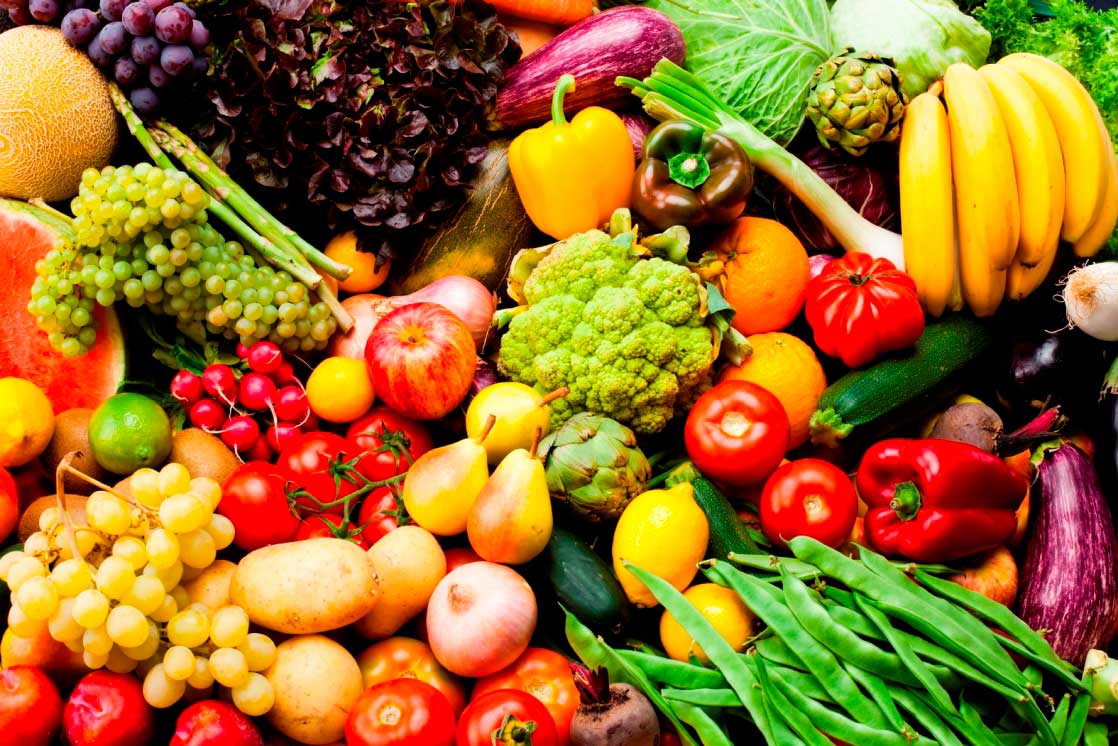Lots of foods which are commonly perceived as healthy owe their undeserved reputation to clever marketing and a lack of knowledge on the part of the consumer. Plenty of foods we consume freely and give to our children are actually not particularly healthy at all, and some are just junk. Here are 10 foods that are not what you think:
1. “Low-fat” and “fat-free” commercial foods
Large companies figured out a long time ago that any food that can be marketed as “low-fat” would sell well, so they engineered many low-fat products. The problem is that in order to compensate for the taste loss in the saturated fat reduction, they loaded these same foods with sugar, which is perhaps equally unhealthy when consumed in large amounts. Beware! If a food product touts itself as ““low-fat” or “fat-free,” it is most likely stuffed with chemical sweeteners or sugar.
2. Fruit Juice
Commercial fruit juice is probably the biggest hoax in the food industry. A lot of the fruit juice you find in the supermarket isn’t even actual fruit juice, but a chemically composed drink that imitates the taste of juice – fruit-flavored sugar water. Furthermore, even actual 100% fruit juice is rather unhealthy. Fruit juice does not have any of the nutritious stuff found in actual fruit, but retains all of its sugar. You’d be better off eating a piece of fruit.
3. Margarine
In the 1980s the American food industry began a marketing campaign that demonized foods with high fat contents, including butter, and promoted new products that could claim low levels of saturated fat – margarine was one of them. Soon enough, people realized that the trans-fats present in margarine were just as unhealthy as saturated fat. What’s more, margarine is full of vegetable oils. Margarine is simply not found in nature – it is a completely engineered product, made from chemicals and engineered to taste like food. Studies have shown that replacing butter with margarine does not actually reduce instances of death from heart disease. Eat real butter in sparing amounts. There’s simply no reason to eat margarine.
4. Whole Wheat
The whole wheat products we encounter in stores generally aren’t made from whole wheat at all. Commercial wheat is pulverized into a fine flour, making it as bad for blood sugar levels as refined wheat. The truth is that modern whole wheat has been bio-engineered since 1960, in pursuit of a more durable, lucrative crop – nutrition be damned; it is not the same whole wheat our grandparents ate. Modern wheat, in comparison to older strains, has been shown to cause more inflammation and cholesterol.
5. Commercial organic food
The word “organic” has become a term that manufacturers know sells a lot of product. By now, it is quite abused: manufacturers have figured out how to meet the standards required to use the term, while still packing their products with unhealthy ingredients. For example, an organic product could contain raw cane sugar instead of processed sugar – but that doesn’t mean that it has any less glucose or fructose, making its effects 100% equal to those of processed sugar.
6. Vegetable oil
Vegetable oils like soybean oil, canola oil, grape seed oil and others have been praised for their ability to lower blood cholesterol, in certain cases. Although they may have some cholesterol-lowering effects, they do not actually decrease the risk of developing heart disease. You’d be better off using natural fats and oils (olive, butter) and avoiding processed oils.
7. Breakfast cereal
Breakfast cereals are especially devious since they masquerade as very healthy, and are often marketed towards children. Terms used on boxes and in commercials, like “whole grain” or “low fat” ignore the other facts about the product. A quick look at the ingredients in almost any cereal will reveal that it is mostly composed of refined grains, sugar and chemicals.
Source:
http://onlinehealth.wiki/nutrition/7-healthy-foods-that-are-actually-junk
